The workforce in businesses is getting younger and younger, with Gen Z accounting for about 30%, creating a challenge as 75% of employees feel "generational conflict" at work.
That is part of a report on the challenges businesses are facing, published by Anphabe at the recent 100 Best Places to Work conference in Vietnam. The survey was conducted from April to September, with the participation of nearly 64,000 employees, 752 businesses and 150 leaders.
Generational conflict is one of the five reasons why leaders "lose sleep" besides unstable markets, too many changes in the organization, decreased employee trust and engagement, and employee stress due to "post-layoff" syndrome.
The report points out that the workforce at businesses is getting younger, which is a bright spot in the labor market, as recognized by Anphabe. Currently, Gen Z (those born between 1997 and 2012) accounts for about 30% of the workforce at businesses. This is a generation with a lot of potential, creativity, and responsiveness to digital transformation.
However, this trend poses many challenges for businesses when up to 75% of employees admit to observing "generational conflict" in the workplace.
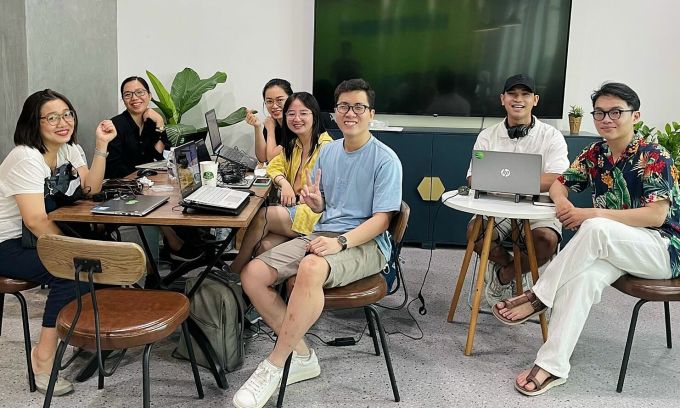
Human resource companies in Ho Chi Minh City have many young employees. Photo: An Phuong
Anphabe's survey shows that the "conflict" is especially strong between previous generations including Baby Boomers (born from 1946 to 1964), X (1965 to 1980), Y (1980 to 1996) and Gen Z. Especially, when today's Generation Z is considered the "next disruptor", it can destroy or create breakthroughs for businesses.
According to Ms. Thanh Nguyen, CEO of Anphabe, the difference in perspectives and working styles of Gen Z compared to other generations is creating many internal conflicts that need to be resolved.
"In the era of intergenerational harmony, ensuring connection and support is one of the big reasons why leaders lose sleep," said Ms. Thanh Nguyen. However, according to Ms. Thanh, in addition to differences, the generations have very strong similarities. A 2023 survey by XYZ@Work, one of the world's leading companies in developing multigenerational working environments, showed that the biggest commonality among these generations is the desire to create social value (social impact).
Notably, 91% of Gen Zers expressed a desire to “create social value” when looking for a new job. This generation wants to work for companies that contribute to solving social issues such as inequality, education, sustainability, poverty, and climate change.
According to Ms. Thanh Nguyen, among the practices of companies to shorten the multi-generational gap, a solution that is highly appreciated by 90% of Gen Z is "Reverse Mentoring" or also known as Reverse Coaching. In this case, younger people, usually Gen Z, new employees or employees in lower positions become the ones to guide and teach older or more experienced people at work.
"This method not only helps Gen Z integrate and contribute effectively to the organization, but also creates opportunities for other generations to understand and learn from Gen Z," said Anphabe CEO. Factors such as good relationships at work, easy access to bosses and colleagues when needed, comfortable sharing difficulties or seeking help, regular exchanges, and constructive feedback will contribute to connecting and supporting generations.
"This will also contribute to the ability to be resilient, that is, steadfast and flexible in employees," said Ms. Thanh Nguyen. Accordingly, a resilient employee can handle high-intensity work for long periods of time, unexpected situations and crises, quickly recover from obstacles and persevere even when the job becomes difficult, persevere in the face of failure and confidently face new challenges.
Anphabe's survey also shows that a business with a high percentage of resilient employees will be more prosperous and successful. However, according to Anphabe's CEO, resilience is not an innate trait but like a muscle that needs to be trained, by developing 3 large muscle groups including Self-Efficacy (belief in one's own ability); Optimism (optimism); Agility (adaptive flexibility), and 2 supporting muscle groups: Connection & Support (connection & support); Fundamental Well-being (basic physical and mental health).
Le Tuyet
Source link




![[Photo] Overcoming all difficulties, speeding up construction progress of Hoa Binh Hydropower Plant Expansion Project](https://vstatic.vietnam.vn/vietnam/resource/IMAGE/2025/4/12/bff04b551e98484c84d74c8faa3526e0)
![[Photo] Closing of the 11th Conference of the 13th Central Committee of the Communist Party of Vietnam](https://vstatic.vietnam.vn/vietnam/resource/IMAGE/2025/4/12/114b57fe6e9b4814a5ddfacf6dfe5b7f)


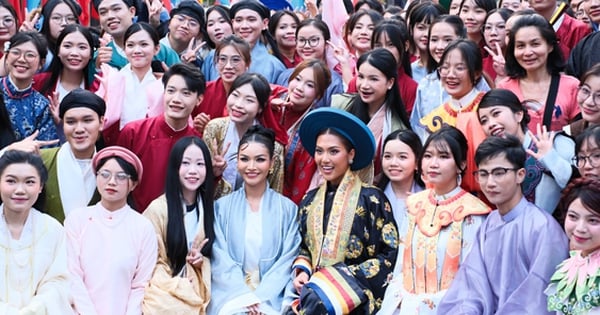



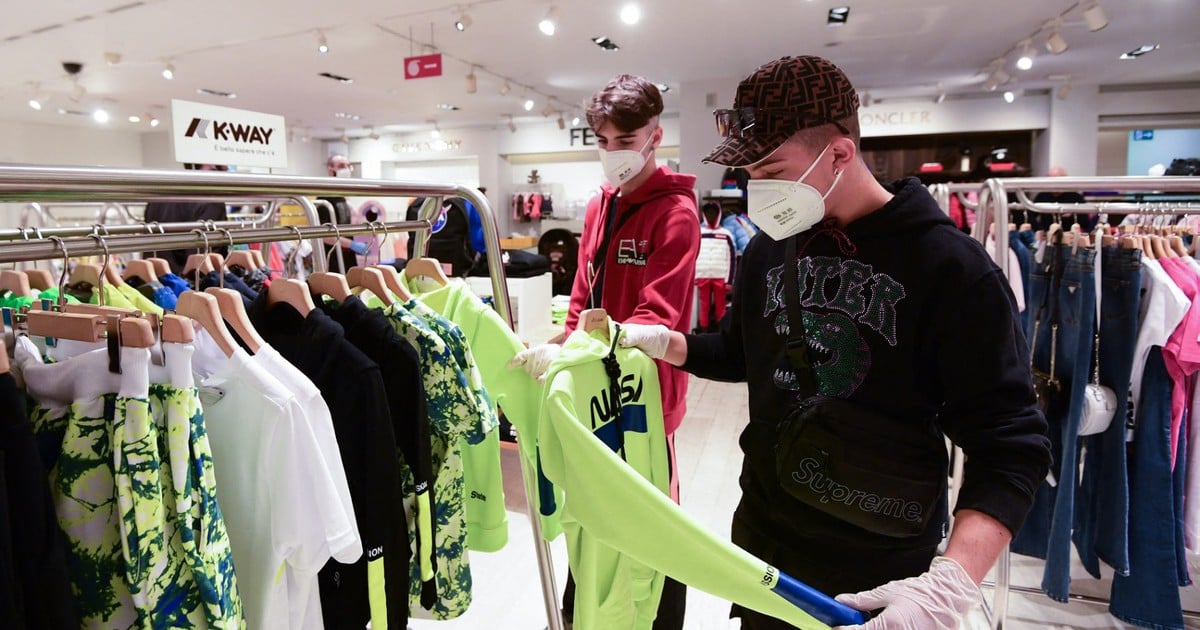








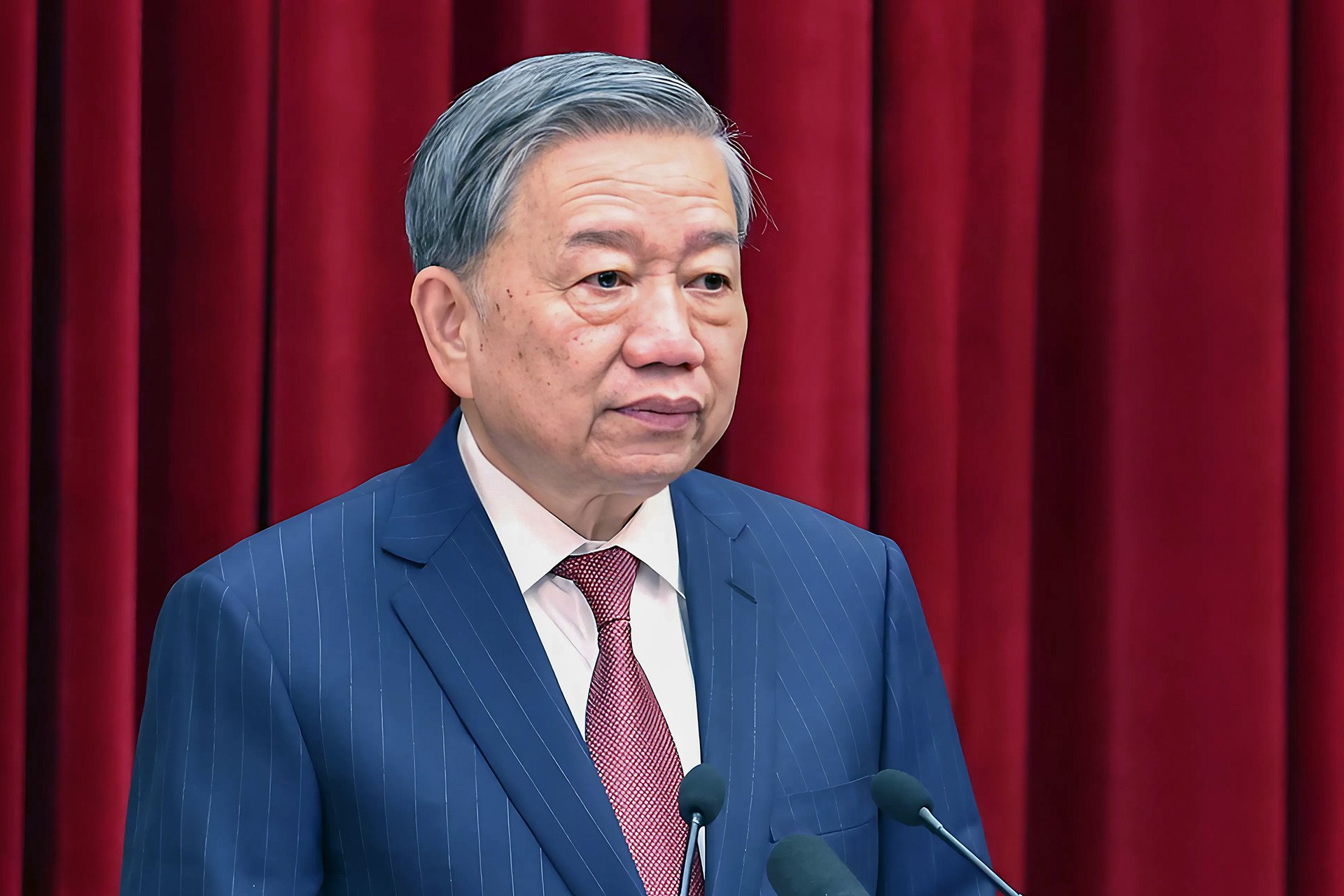

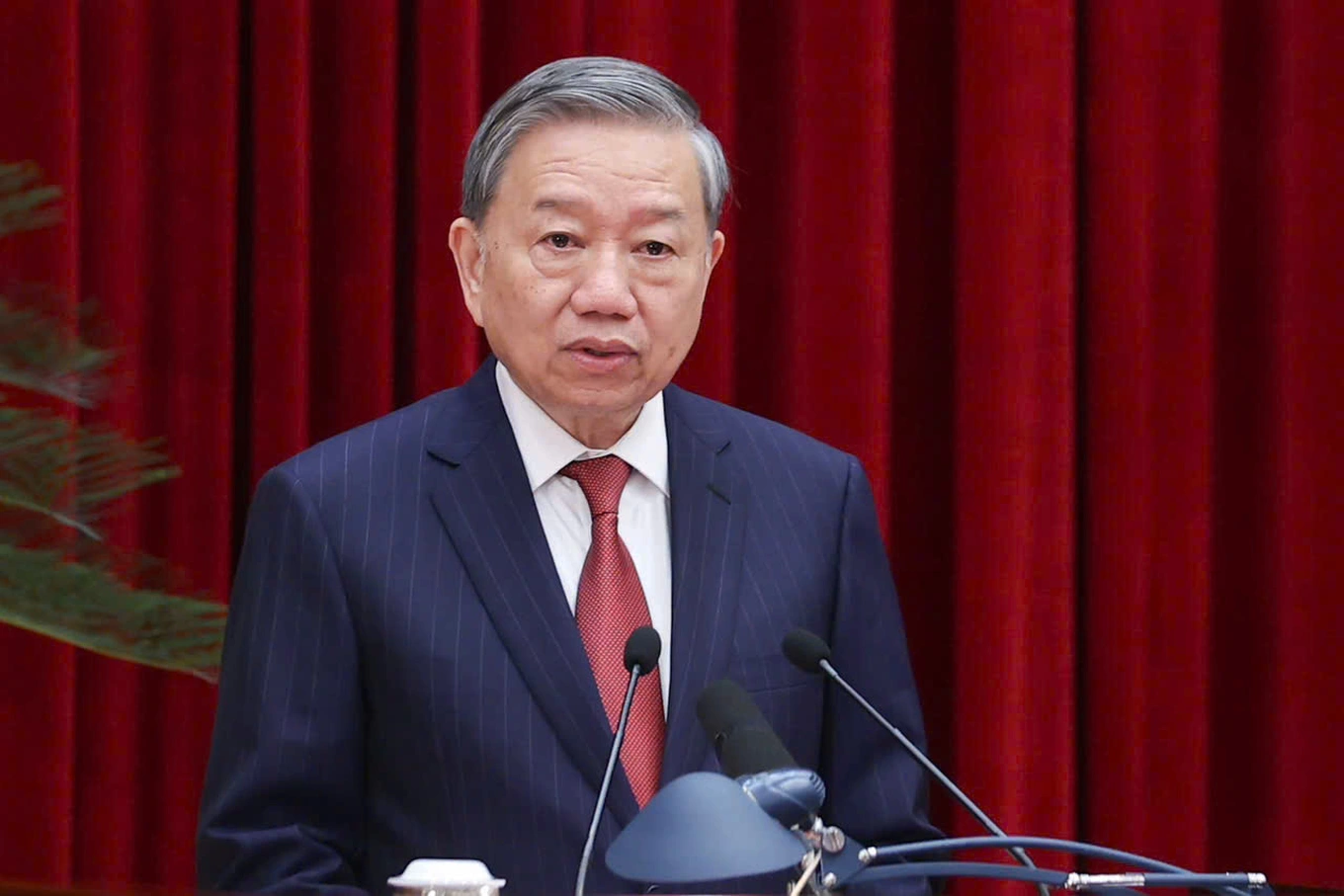

























































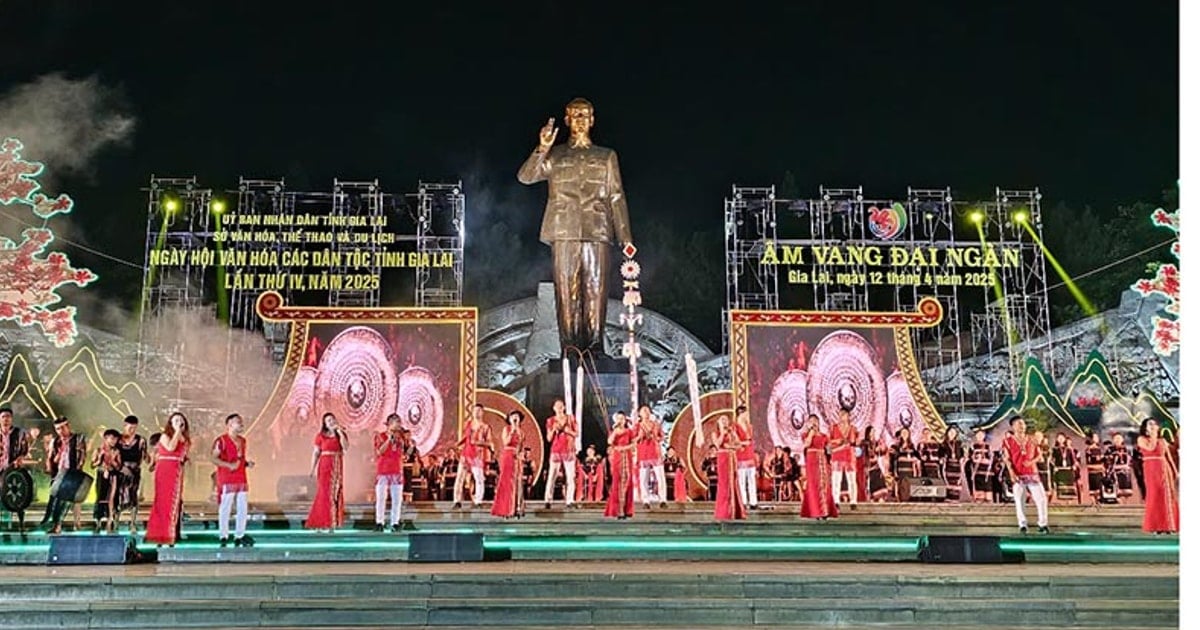
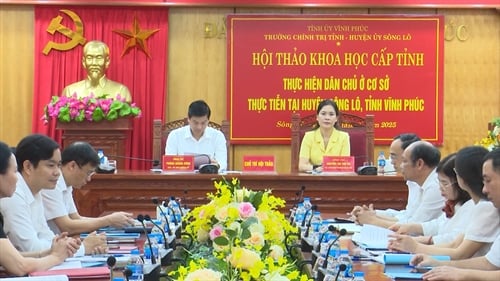












Comment (0)